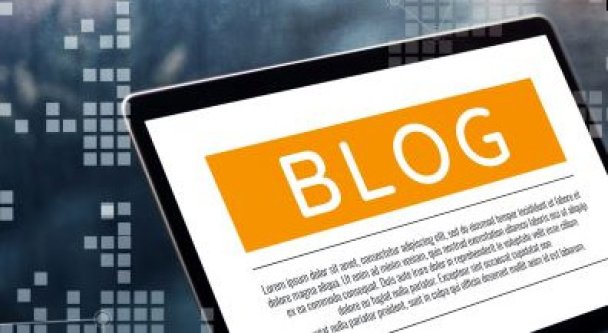By John Bozzella
The Treasury Department is out with a major piece of electric vehicle tax credit guidance required by the Inflation Reduction Act signed back in August 2022.
This is the long-awaited ‘foreign entity of concern’ provision (FEOC) that clarifies EV tax credit eligibility come January 1.
FEOC informs not only which new light-duty EVs qualify for some or all of the $7500 30D tax credit in 2024, but how automakers can structure production facilities and battery supply chains to produce EVs that qualify for this customer incentive.
The IRA said after December 31, 2023, no EV tax credit is permitted if any component in the EV battery was sourced from a problematic country – aka China. If the components did originate in an FEOC, that vehicle is ineligible for any portion of the tax credit.
Remember: IRA had two primary auto related policy goals.
First, localize automotive supply chains, including battery production, from China to the U.S. and our allies.
Second, support the current EV transition in the form of consumer tax credits and other market incentives.
We support both goals even as there’s some natural (short vs. long term) tensions between them.
First impression?
Treasury also recognized how complex – scratch that… how hard the EV transition is going to be in the U.S. and tried to strike a balance. A pragmatic balance.
A few additional thoughts…
How many EVs qualify for the tax credit?
We don’t know yet how the FEOC rules will impact which EVs qualify for some or all of the tax credit. Time will tell.
Only about 20 vehicles qualify now (out of 103+ EV models for sale in the U.S.), but Treasury’s effort to make the rules workable means the list of eligible vehicles won’t completely disappear in 2024 (which was a real worry).
Immaterial material
Treasury exempted trace materials from the FEOC guidance for two years. That’s significant and well-advised. Otherwise the EV tax credit may have only existed on paper.
We argued a fastener used in an EV battery assembly, dipped in a material from an FEOC shouldn’t disqualify the battery or EV (and ultimately the consumer) from the credit. Imagine an EV that complied with all IRA eligibility requirements but is kicked out because of a negligible amount of a critical mineral or component coming from an FEOC. That wouldn’t make sense – or good policy.
Joint ventures? Partnerships? Licensing deals?
After 15 months we have a roadmap for determining which EV battery production and supply chains comply with the FEOC provision. Are joint ventures, partnerships, wholly owned subsidiaries or licensing deals permitted?
It appears that companies operating in China are considered FEOC. Chinese entities with specific ownership or governance structures might be permitted in certain circumstances.
When it comes to China and the auto industry… it’s complicated, but this is important clarity.
It’s important (for economic and national security) that the U.S. controls its own destiny with supply chains and raw materials sourced domestically or from allies. That will happen. In fact, it’s already happening all over the Midwest and Southeast.
But the EV transition requires nothing short of a complete transformation of the U.S. industrial base. It’s a monumental task that won’t happen overnight.
The Treasury guidance recognizes the complexity of this task and the challenges facing automakers with some good balance.
Day one verdict: Clarity for automakers. Finally.
John Bozzella is president and CEO of Alliance for Automotive Innovation.

